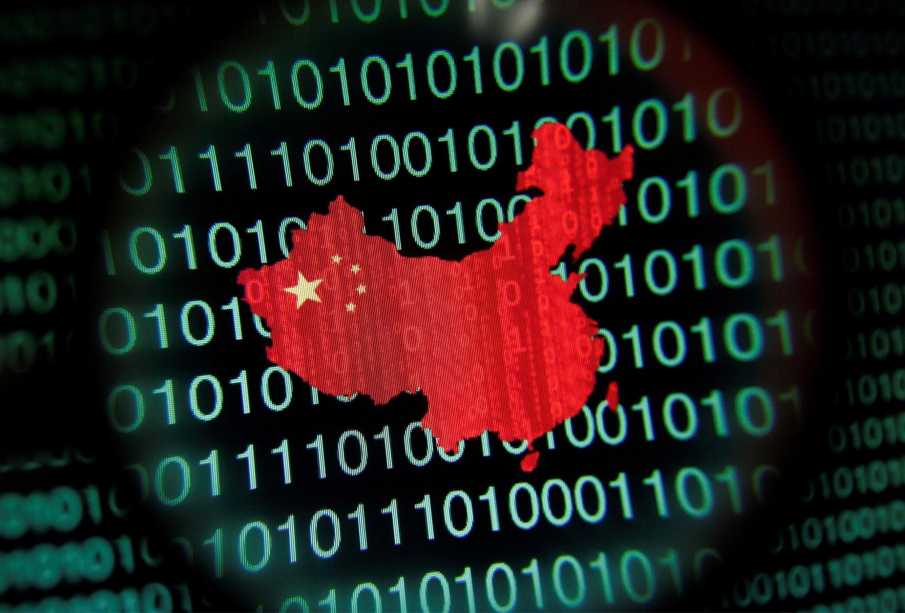The United States and its allies accused China on Monday of a global cyberespionage campaign, mustering an unusually broad coalition of countries to publicly call out Beijing for hacking.
The United States was joined by NATO, the European Union, Britain, Australia, Japan, New Zealand and Canada in condemning the spying, which U.S. Secretary of State Antony Blinken said posed “a major threat to our economic and national security.”
Simultaneously, the U.S. Department of Justice charged four Chinese nationals – three security officials and one contract hacker – with targeting dozens of companies, universities and government agencies in the United States and abroad.
The Chinese Embassy in Washington did not immediately respond to a request for comment. Chinese officials have previously said China is also a victim of hacking and opposes all forms of cyberattacks.
While a flurry of statements from Western powers represent a broad alliance, cyber experts said the lack of consequences for China beyond the U.S. indictment was conspicuous. Just a month ago, summit statements by G7 and NATO warned China and said it posed threats to the international order.
Adam Segal, a cybersecurity expert at the Council on Foreign Relations in New York, called Monday’s announcement a “successful effort to get friends and allies to attribute the action to Beijing, but not very useful without any concrete follow-up.”
Some of Monday’s statements even seemed to pull their punches. While Washington and its close allies such as the United Kingdom and Canada held the Chinese state directly responsible for the hacking, others were more circumspect.
NATO merely said that its members “acknowledge” the allegations being leveled against Beijing by the U.S., Canada, and the UK. The European Union said it was urging Chinese officials to rein in “malicious cyber activities undertaken from its territory” – a statement that left open the possibility that the Chinese government was itself innocent of directing the espionage.


